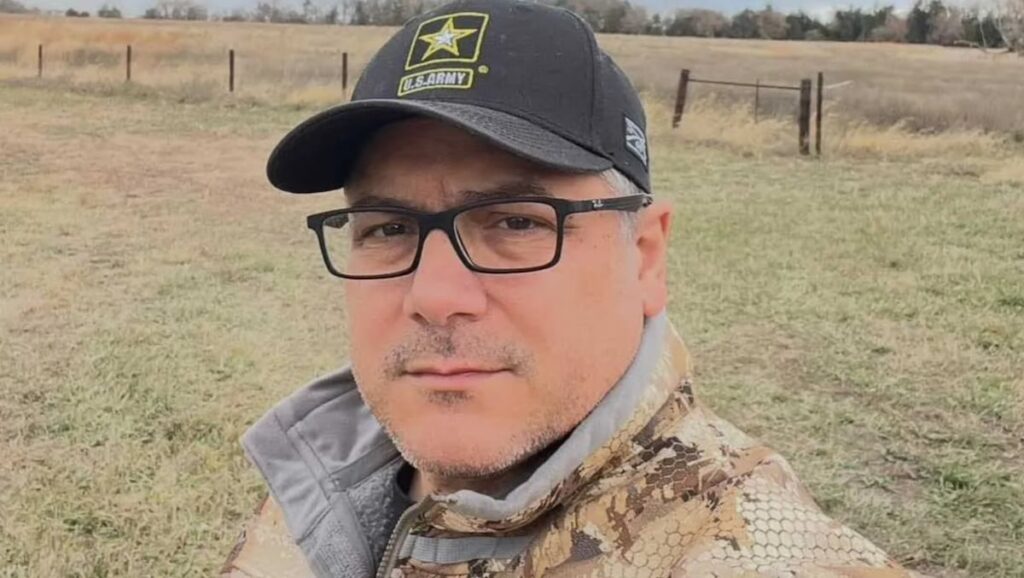
A significant military recruiting scandal has emerged, affecting thousands of service members and leading to long-lasting consequences for many involved. From 2012 to 2017, a vast investigation focused on fraudulent bonus payments linked to the recruitment of new soldiers for the National Guard and Army Reserves. Among those affected is Luis Visalden, a former Army intelligence officer, who lost his job, marriage, and connection with his children due to the fallout.
The scandal revolved around two military recruiting initiatives, known as the Guard Recruiting Assistance Program (G-RAP) and the Army Reserve Recruiting Assistance Program (AR-RAP), which incentivized soldiers to recruit new members. Following allegations of fraud, the Army Criminal Investigation Division (CID) launched an extensive investigation. Jeffrey Addicott, director of the Warrior Defense Project at St. Mary’s University School of Law, described the investigation as a “fiasco” that sought to “get scalps.” The Army reportedly spent approximately $28 million on this probe, uncovering about $2.5 million in fraud, while returning less than $500,000 to the treasury.
In a significant turn of events, the Army reopened nearly a thousand cases in 2022 and cleared many of the charges. Former director of the CID, Gregory Ford, acknowledged that the division “fell short in a large number of these investigations.” For many veterans, the damage had already been done.
Visalden participated in the AR-RAP and earned around $14,000 in bonuses. In June 2015, after being informed of the investigation, he received an other-than-honorable discharge and lost his military career. Shortly after, he was fired from a new job when the allegations were made known. The stress from the situation greatly impacted his personal life, leading to marital breakdown and limited access to his children.
In November 2022, Visalden received a certified letter from the CID exonerating him from the charges. He engaged lawyer Doug O’Connell, and over a year later, his discharge was upgraded to honorable, restoring him to his previous rank. Despite this vindication, Visalden expressed frustration at the timing, questioning, “What’s that mean to me?”
He acknowledges that while he has found stability in his life—working, maintaining a relationship, and owning a home in Cookeville, Tennessee—the psychological toll of his experience persists. Visalden suffers from headaches and wears a mouth guard due to teeth grinding, exacerbated by his post-traumatic stress disorder (PTSD) from combat in Iraq. The stigma attached to being under investigation continues to haunt him, impacting his relationships, particularly with his children.
The fallout from this scandal has raised questions about the military justice system and its treatment of service members under investigation. With many veterans like Visalden navigating the repercussions of being unjustly titled as potential criminals, the need for reform in the military’s handling of such cases is evident.
As Visalden reflects on his journey, he wishes for a different outcome, stating, “I walk around with a broken relationship with my children, partly because of this. I wish it was different for me.”







